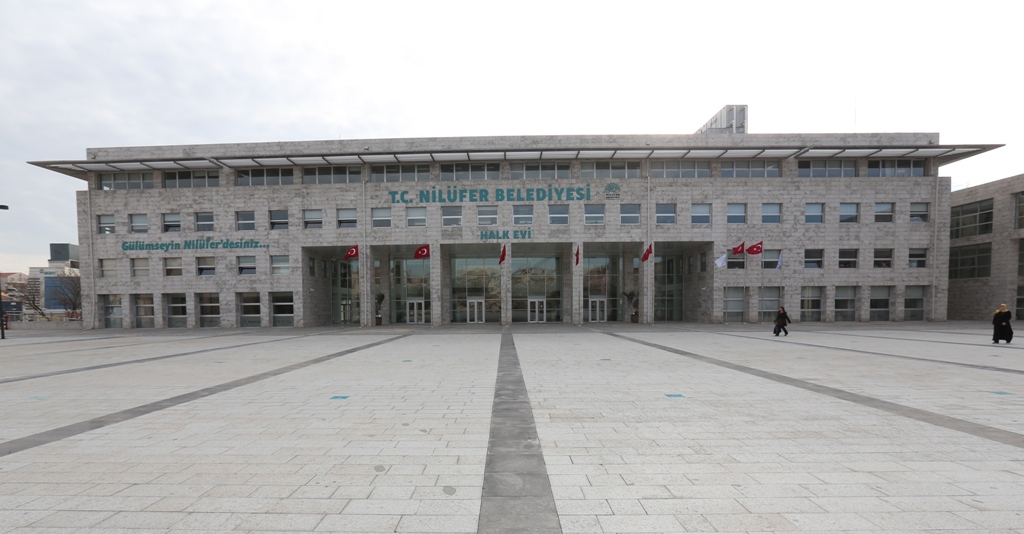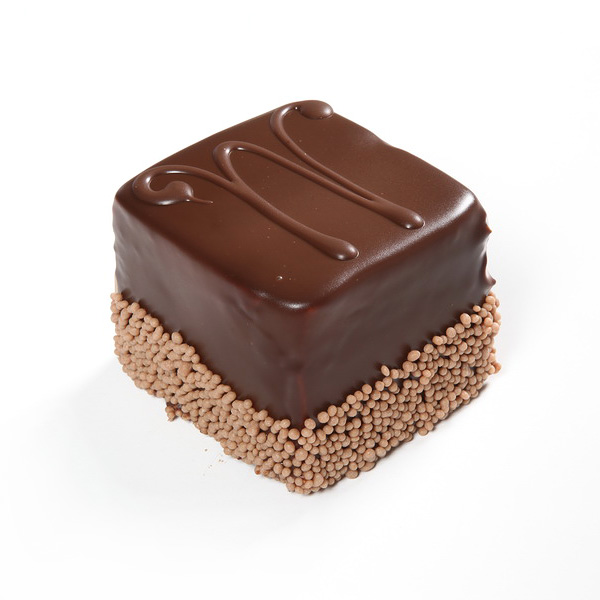Apollonia, kavuşamamanın baladı
Bursa, 19. yüzyılın sonlarından itibaren yoğun bir göç dalgasıyla yüz yüze gelir
Apollonia, kavuşamamanın baladı
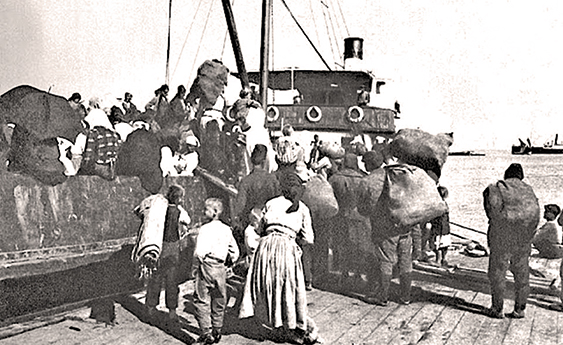
Bursa, 19. yüzyılın sonlarından itibaren yoğun bir göç dalgasıyla yüz yüze gelir. Kafkasya’dan Çerkesler, Kırım’dan Türkler; özellikle Balkan Savaşları’ndan sonra eski adıyla Yugoslavya’dan, Arnavutluk ve Makedonya’dan göçen Türklerin geldiği kentlerin başında gelir Bursa. 1923 yılında Lozan Anlaşması’ndan sonra karşılıklı yer değiştirme anlamına gelen mübadeleye tanık oluruz. Gemlik ve Mudanya başta olmak üzere kitlesel bir göç dalgasıdır bu. Bursa’ya bağlı köyler de payına düşeni alır mübadeleden. Gölyazılı Mükerrem abla şöyle özetler mübadeleyi: “Onlar oraya gitti, biz buraya geldik.” Gölyazı demişken, buranın bir mübadele yerleşkesi olduğunu da anımsatmak isterim.
Mübadele, tıpkı diğer göçler gibi derin acıların yaşandığı bir altüst oluştur. Topraklarında, yüzlerce yıldır yaşayan çınarların sökülüp koparılması gibi… Gerek Yunanistan ve adalardan gelen Türkler gerekse Anadolu topraklarından giden Rumların çoğu bir daha geri dönmeyeceklerine inanamamışlar; eşyalarını, hayvanlarını “nasıl olsa bu zor günler geçecek ve geri döneceğiz” düşüncesiyle yanlarına dahi almamışlar; evlerinin, avlularının kapılarını kapamamışlardır. Bursa’dan; başta Selanik, Dedeağaç, İskeçe, Vodina, Girit’e ve bu kentlerden Bursa ve Anadolu’nun birçok kentine sürüp giden göçler… Geride bırakılan dostluklar; sevdalar… Mübadillerden geriye kalan incir ve zeytin ağaçları, teneke kutularda çiçekler…
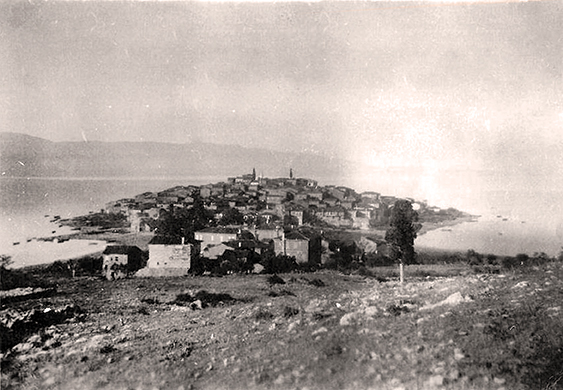
Ağabeyim ve dostum rahmetli yazar Ali Aksoy her buluşmamızda, bana babasından dinlediği Gemlik’teki mübadele anısını anlatırdı. Deniz kıyısına toplanmış binlerce insan ve evlerinden söküp getirdikleri piyanoların olduğu bu dramatik sahneyi gözümde canlandırır Rumların henüz o yıllarda sanata olan ilgilerini düşünür, farklı kültürlerin bir beldeye sundukları katkıyı bir kez daha hayranlıkla düşlerdim. Geride, onlara kederle bakan evlerini, oyuncaklarını; kedilerini bırakan çocukları düşündüğümde ise şu dizeler dökülürdü dudaklarımdan:
Yok’a yol
Rüzgârlar soylu estikçe
açılır albümlerde
yosun yüzlü sokaklar
Tepenin sisi-
evlerde iz-
bir kadın
peşimde
gölgesiz!
Göçten öte
içten içe
dökülür nar taneleri
kuyu hüzün dibine
…
Merdivenlerin fikrince
Eleni hep çocuktur
Cepten düşen oyunlar-
kederi balıkların-
kuytudadır
Denizin eteğinde
desenlenen meneviş-
Giden de bilir gelen de
Yok’a yolculuk bu
Var’ı dün’den eleyiş!
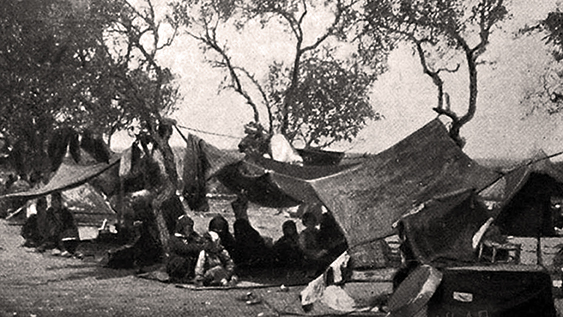
Bursa’nın birçok mübadil köyünü gezmişimdir. Bunlar arasında Gölyazı, yerli halkın deyimiyle Apolyont’a her gidişimde içimi titreten bir şeyler hissederim. Bunu hissetmeme neden olan şeylerin başında köyü karaya bağlayan köprünün ayaklarındaki yazı gelir. Buraya, üstelik tuğlalarla insanın iliklerine dek işleyen şu söz yazılıdır: “Her gidiş aynı zamanda bir dönüştür”. Bu topraklardan gidenlerin yılın belli dönemlerinde dedelerinin, ninelerinin doğup büyüdüğü, gölde balık tuttuğu, incir ve zeytin topladığı bu köyü ziyarete geldiklerini; Gölyazılıların da geldikleri Selanik yakınlarındaki köye gittiklerini düşündüğümüzde bu yazının yazı olmanın ötesine geçtiğine bir kez daha tanık olursunuz.
İnsanlarla birlikte kuşların özellikle leyleklerin de göç yolu olan Gölyazı’nın (şimdilerde Nilüfer’e bağlı bir mahalle) tarihi, Roma dönemine kadar gider. Roma döneminden kalan izleri, kimi evlerin temel taşlarında görebilirsiniz. Köyde birçok tarihi kalıntının yanı sıra Rumlardan kalma Aziz Panteleiman Kilisesi restore edilerek bir kültür merkezine dönüştürülmüştür. Uluabat Gölü’nü tepeden görmeyi arzu ederseniz taşlarında doğum yerleri; Filibe, Selanik yazan Türk mezarlığının hemen yanından sola dönüp artık hiçbir ize rastlamadığınız Rum mezarlığını da geçerek Zambaktepe’ye gitmeniz gerekir. Gölün üstüne yapıştırılmış evler ve adalar ayaklarınızın altındadır. Uzaktan gelen kayıkların motor sesleri acı bir çığlığı andırır. Artık turna balıkları da gittikçe kirletilen gölden göçmeye başlamıştır.

Ağustos Baladı
Gölün yüzüne zeytin dallarıyla yazılan sesleriniz
göç yollarında gider gelir kuş kanatlarında
Çığlığı çalınan bir kadın Apollonia
kıyılarında bin yıllık ağustos baladı
sabahlarında zeytin acısı sessiz telaş
bir yakadan ötekine uzanan gizil hayatlar
temmuz sıcağında yiten Rum ikindisi
Apollonia, kavuşamamanın baladı
gölün yüzüne zeytin dallarıyla yazılan sesleriniz
göç yollarında gider gelir kuş kanatlarında
Göç, yarım kalmış bir ezgidir. Artık ayrı evlerde aynı düşleri görmenin mümkün olmadığı, sarsıntısız bir depremdir göç…

Apollonia, the ballad of failing to rejoin
Starting from the end of the 19th century, Bursa faces an intensive wave of migration. Bursa was among the leading capitals that Circassians from Caucaus went to in addition to Turks from the Crimea and Turks migrating from former Yugoslavia, Albania and Macedonia especially after the Balkan Wars. We witness the exchange of population meaning their replacement following Treaty of Lausanne in 1923. This is a wave of mass migration led by Gemlik and Mudanya. The villages of Bursa also have their share from this exchange. Mükerrem Abla from Gölyazı summarizes the exchange as such: “They went there, we came here.” Speaking of Gölyazı, I would like to remind you that this was one of the premises of population exchange.
The population exchange was a complete upheaval with many troubles just as is the case for all other migrations. Like uprooting centuries old plane trees… Both the Turks who came from Greece and the islands as well as majority of the Greeks who left the land of Anatolia have not believed that they will never return again; and so they have not taken their belongings or animals thinking that, “we will get back here once these difficult days are over”; they have not even locked the doors of their homes or courtyards. Migrations from Bursa to Thessaloniki, Dedeağaç, İskeçe, Vodina, Crete and from there to Bursa and many cities in Anatolia… Friendships and loves left behind… Fig and olive trees left behind by those who left; flowers in tin cans…
My brother and dear friend, the deceased writer Ali Aksoy used to tell me his memory of the population exchange at Gemlik that he had listened to from his father. I used to conjure up in my mind the dramatic scene with thousands of people gathered at the shore with pianos dragged from their homes thus I would think about the interest of the Greeks in art at that time thereby dreaming in awe of the contributions of different cultures to a province. The following verses would flow between my lips whenever I thought of the children leaving behind their gloomy houses and toys:
Road to nothing
As the winds blew nobly
moss covered streets
Are opened up in albums
Fog of the hill
Traces in homes
A woman
After me
Shadowless!
More than migration
Inwardly
Flows pomegranate pieces
To the bottom of the well
…
Eleni is always a kid
According to stairs
Games dropping off pockets-
Grief of fish-
secluded
Blue patterns
On the sea-
Those who go and come know
This is the road to nothing
Ruling out the existent from yesterday!
I must have seen many of the exchange villages in Bursa. Among these, Gölyazı, known by the locals as Apolyont makes my heart tremble every time. The inscription on the legs of the bridge between the village and the land is among the things that makes me feel so. This inscription that touches one’s heart with sorrow is written there: “Every departure is also an arrival”. You must witness once again that this is more than an article when you think that the grandfathers and grandmothers of those who left these lands come and visit the places where they were born, fish on lakes where they used to fish and collect figs and olives; or that the locals of Gölyazı go to the village near Thessaloniki where they came from. The history of Gölyazı that is on the migration path of humans and birds (now a quarter of Nilüfer district) dates back to the Roman period. You can see the traces from the Roman period on the foundation stones of various houses. In addition to many historical artifacts, the Saint Panteleiman Church of the Greeks in the village has underwent restoration to be transformed into a center of culture. If you wish to see the Uluabat Lake from up high, you need to pass the Turkish cemetery with gravestones indicating birth places of Filibe and Thessaloniki, turn left and pass the Greek cemetery to reach Zambaktepe. The houses on the lake and the islands lay sprawled under your feet. The distant sounds of boats resemble sharp cries. The horned pikes have also started to migrate from the polluted lake.
August Ballad
Your voices written on the surface of the lake with olive branches
Travel to and fro on the wings of birds on migration trails
The thousand year old ballad
of a woman the cry of whom has been stolen
on the shores of Apollonia
silent haste of rancid olives in the mornings
secret lives from one shore to the next
a Greek afternoon lost in the july heat
Apollonia, the ballad of failing to rejoin
Your voices written on the surface of the lake with olive branches
Travel to and fro on the wings of birds on migration trails
Migration is a half-finished melody. It is an earthquake with no tremor
Where seeing the same dream in different homes is not possible anymore…








